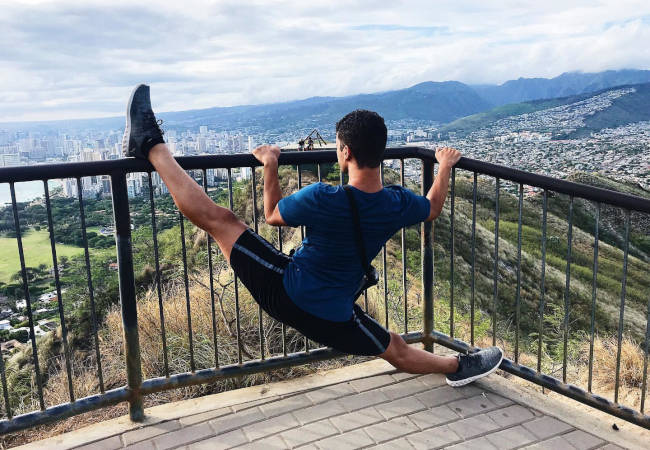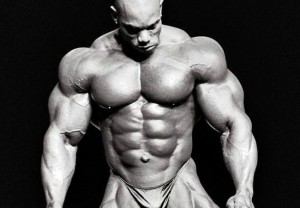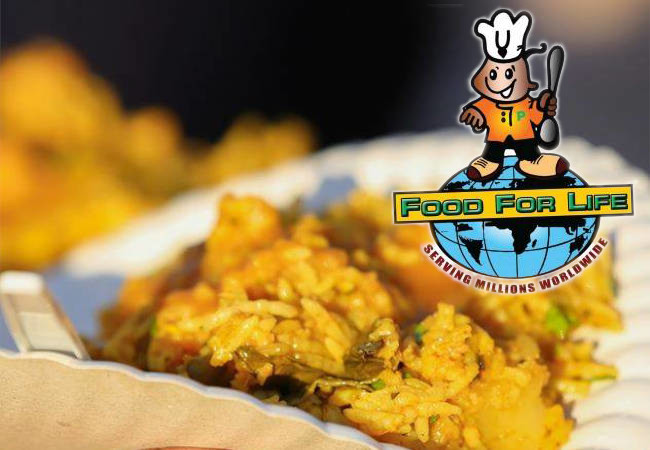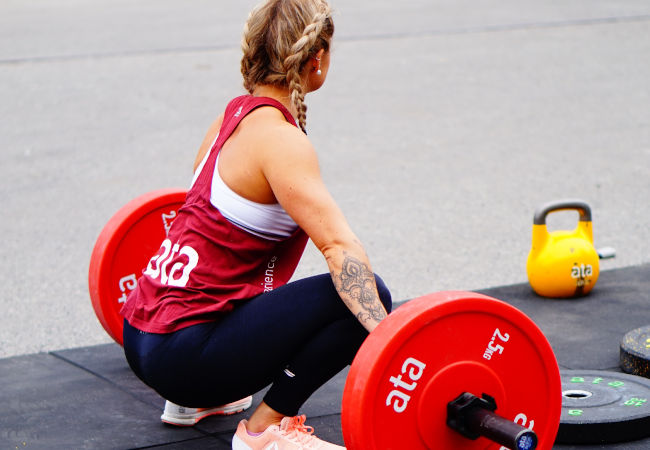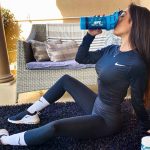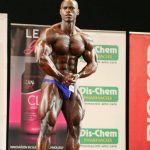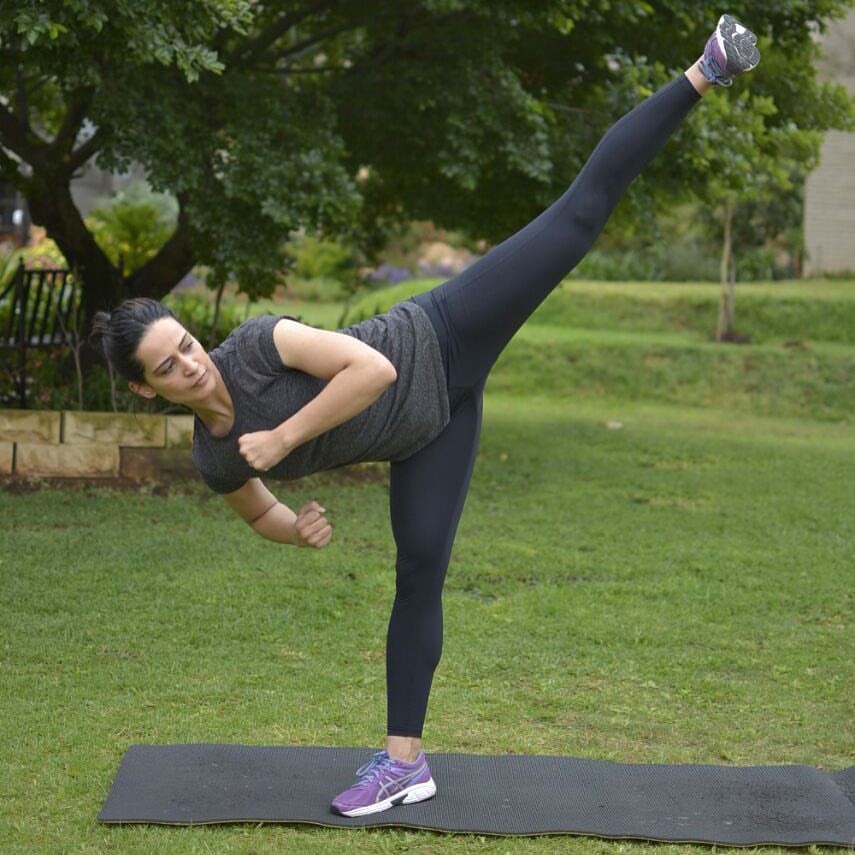It is already a known fact that exercising is important to become healthy and have a longer life span. Research proves that exercising regularly can lower chances of premature death by 30%. Many also know that to be truly healthy, you need to have a proper diet. Nutrition and exercise go hand in hand, and for those who regularly exercise, the importance of workout nutrition cannot be emphasized enough.
Proper nutrition is fueling up your body by eating the right food and drinking the right fluids, in the right amounts at the right times before, during, and after workouts. When done correctly, it can optimize the impact of your exercise routine. There are proper pre- and post-workout nutrition diets that you can follow, and here are some of the reasons why you should integrate them into your fitness plan.

Pre-Workout Nutrition
Not eating or fueling up before you exercise means that you won’t have enough energy for the workout. Experts say that a proper pre-workout meal will supply your body with everything you need for peak performance, and it prevents you from feeling tired easily. It also helps reduce protein or muscle breakdown, meaning you are able to maintain your muscle gains and keep growing after the workout.
If you have no idea on what to eat before exercising, getting the proper nutrition advice is a must, especially if you have a pre-existing condition or if you want to meet certain fitness goals. You just need to make sure to fuel up around two hours before the workout for optimum results, and choose energy-boosting food such as sliced apples with peanut butter and raisins or some rice and chick peas for your pre-workout meal.
Knowing your body and what works best for you will come with time and experience. Some people may also find that they prefer to eat more or less at certain times, and finding this out is highly beneficial in structuring a good nutrition plan.
Fueling During a Workout
Fueling during your workout can also prove to be important, and so is staying hydrated. Small, frequent sips of water during exercise will replace the fluids you lose when you sweat. This will reduce the risk of heat stress, maintain normal body function, and maintain performance levels.
Experts note that you don’t need to eat during an hour-long or short workout session. But for longer, high-intensity vigorous workouts, it’s recommended to take small breaks (every half hour or so) and eat 50-100 calories of carbohydrates, such as low-fat yogurt, raisins, or a banana. This is mainly to keep up your strength for the rest of your workout routine and avoid fatigue.
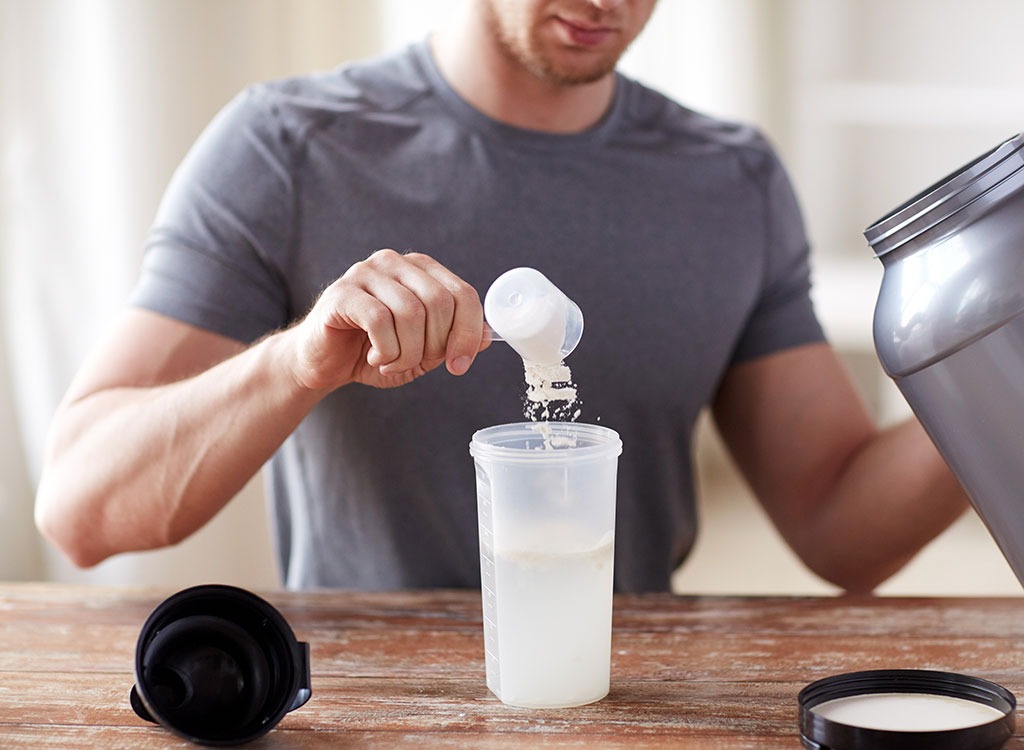
Post-Workout Nutrition
Exercise is a significant physiological stressor, and the common mild symptoms you experience because of this “stress” include muscle soreness, the need for extra sleep, and an increased appetite. Also, as all types of exercise use carbohydrates for energy, muscle carbohydrate depletion is inevitable. And this is why a proper post-workout meal or diet is very important in order to provide the muscle with the raw materials it needs, namely protein and carbohydrates.
Post-workout nutrition ensures that your workout efforts do not go to waste and that you easily achieve results. Some of the best foods to eat after exercise include yogurt and fruit, a protein-packed recovery shake, beans, lentils, chickpeas or even tofu with rice or sweet potatoes for example.
Exercising and having a balanced diet are important to keep healthy. However, if you want to optimize your workout efforts, having the proper nutrition before, during, and after a workout is a must and a great starting point in formulating an effective meal plan.








